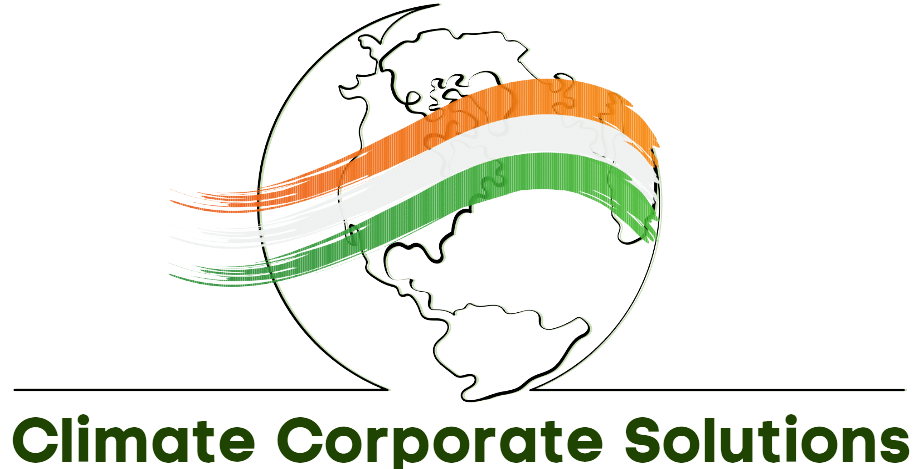Plastic producers have long touted “advanced recycling”—also known as chemical recycling—as a breakthrough solution to the growing plastic waste crisis. But a new report from the Centre for Climate Integrity (CCI) reveals that industry insiders have known for years that the technology is neither technically sound nor economically viable.
Advanced recycling involves breaking down plastics into their original molecular components, allowing them to be reused indefinitely. Yet according to the CCI’s findings, these technologies have faced persistent technical challenges and underwhelming results, even as companies marketed them as revolutionary fixes to growing environmental concerns.
“The companies make it sound like it’s something we should all support,” said Davis Allen, CCI investigative researcher and report author. “But internally, they’ve long known about the limitations.”
This report builds on a 2024 CCI investigation that alleged plastic producers also concealed the failures of traditional mechanical recycling, which contributed to California’s lawsuit against ExxonMobil for misleading the public about plastic waste.
The latest report argues that “advanced recycling” is part of a modern greenwashing strategy. Despite its flaws, companies like Chevron Phillips and ExxonMobil have continued to promote it as cutting-edge. A 2020 Chevron Phillips video called it a “revolutionary innovation,” while ExxonMobil CEO Darren Woods described the technology as “brand new” as recently as 2023.
The findings raise concerns about corporate accountability and suggest that the industry may face legal and reputational risks for promoting solutions it allegedly knew were not viable, fueling public mistrust as the global plastic pollution crisis deepens. Read More
News Credit: The Guardian
Picture Credit: Justin Sullivan/Getty Images



